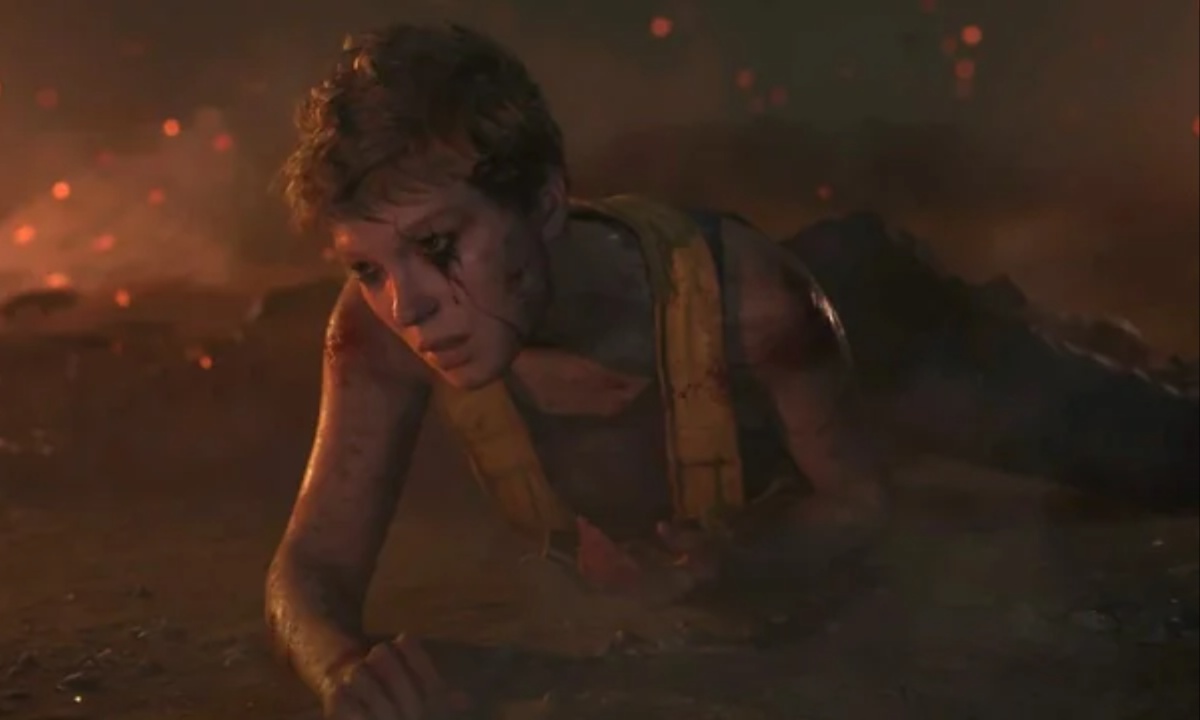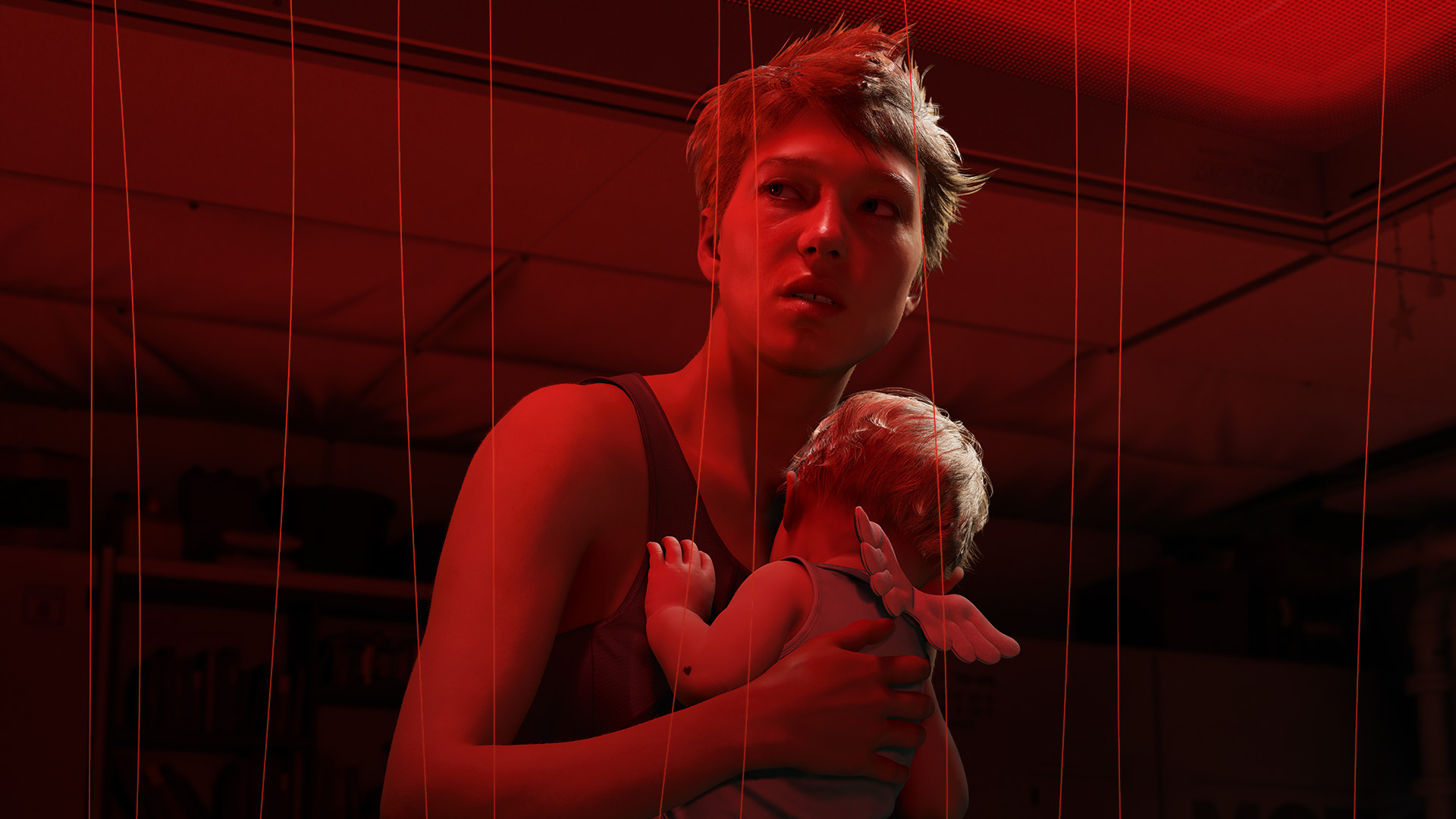Veteran game creator Hideo Kojima found himself facing an unprecedented challenge while developing Death Stranding 2: On the Beach during the COVID-19 pandemic. Despite his decades-long experience, Kojima admitted feeling overwhelmed and close to giving up due to remote working conditions, his own illness, and restrictions on in-person collaboration. The situation forced him to rethink his creative process, especially as he had to direct scouting efforts in Australia — the game’s primary setting — remotely via Zoom.
Isolation and Digital Dependence Reshape Kojima’s Vision for Death Stranding 2’s Narrative Direction
The challenges of remote development deeply influenced the narrative direction of Death Stranding 2. Kojima’s own feelings of isolation mirrored the central theme of the first Death Stranding and shaped his evolving views on digital connection. While digital tools allowed society to stay connected during lockdowns, Kojima saw this reliance as potentially unhealthy. These conflicting emotions around digital dependency became a driving force behind the new game’s thematic shift.

Kojima’s experiences during the pandemic — including the rise of surveillance and digital connectivity — led him to rewrite Death Stranding 2 as a cautionary tale. He contrasts the logos of the two games as symbolic representations of their messages: while the first game’s logo has tendrils emerging from it, the sequel’s logo shows the strands supporting the name, suggesting a deeper entanglement with the digital world. Kojima drew a comparison to The Godfather, alluding to the weight and control those connections can carry.
Kojima Embraces Real-World Reconnection While Exploring Isolation in Death Stranding 2’s Themes
Now back in Australia for a promotional tour, Kojima avoided watching films at the Sydney Film Festival, choosing instead to visit local sights like the zoo. Although known for close interaction with fans in previous tours, Kojima has scaled back personal engagements, citing concerns about falling ill again. This shift reflects a more cautious and reserved public persona in the aftermath of his pandemic experiences, though he remains enthusiastic about reconnecting with audiences globally.
Kojima’s passion for human connection continues to be the core of his work. He acknowledges the real-world parallels between his games’ messages and the pandemic experience. While Death Stranding emphasized solitude and indirect connections, Death Stranding 2 expands this concept with a stronger narrative and combat focus, making it more accessible. This change also pays homage to the Metal Gear series, responding to fan desires for more action-espionage gameplay.
Despite the toll the pandemic took on him personally and professionally, Kojima remains hopeful about the world’s capacity for connection and growth. He sees Death Stranding 2 not just as entertainment, but as a medium that can influence how people interact with each other in the real world. By channeling his struggles into storytelling, Kojima invites players to reflect on their own experiences of isolation and rediscover the value of human bonds, both virtual and real.


